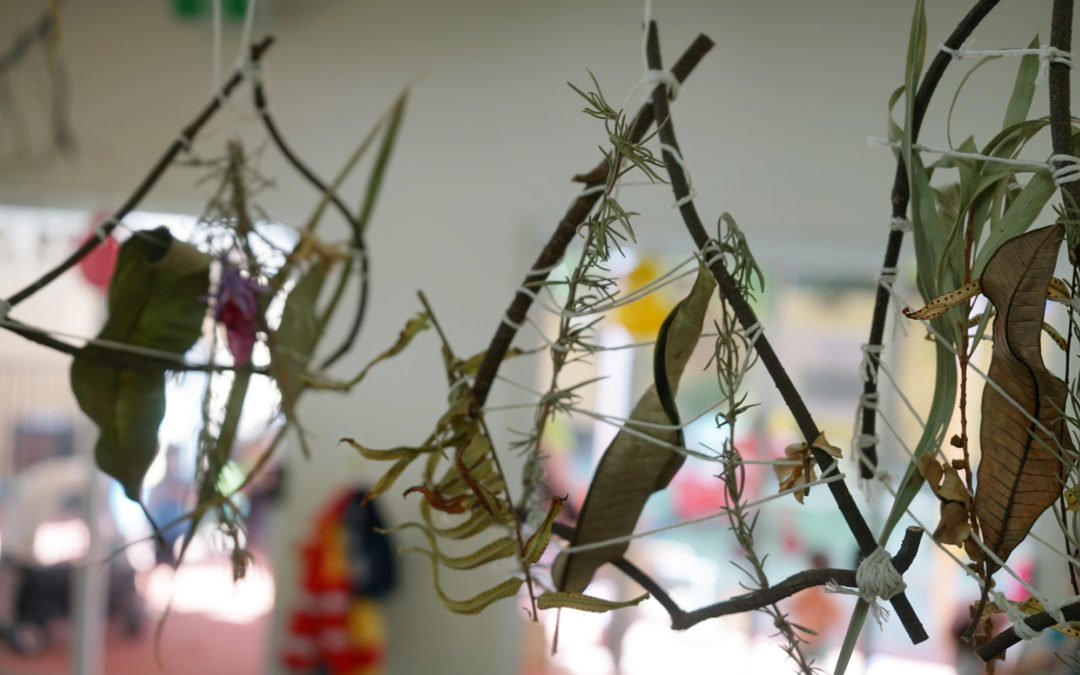‘What is Reggio?’……… our brief interpretation
‘Reggio’, ‘Reggio education’, ‘Reggio Emilia Approach’ are all terms commonly used in early childhood education especially over the last 5-10 years to describe a way of educating children. When talking to people, it definitely comes across as a ‘flavour of the month’ kind of approach that involves the use of natural resources. This is probably because the educational philosophy has been spreading across the world like wildfires in recent times.
So, where did it come from and what is it about?
The approach or educational philosophy comes from a city in northern Italy called Reggio Emilia. It began shortly after WW2 finished with a group of mothers in a village of Reggio Emilia wanting their children to grow with an intolerance of injustice and inequality after just living through a war. The woman sold items abandoned from the Germans when they retreated Italy, to set up a ‘school’ for their children. On hearing this a man by the name of Loris Malaguzzi (a well-educated Psychologist) set out to the village on bike to see what it was all about. He was so taken aback with what these mothers were trying to achieve, he decided to stay and help them.
Malaguzzi was inspired by many educational philosophers before him such as Dewy, Erikson, Piaget, Vygotsky and Biber and with all this knowledge took parts from each educational philosopher and created what now is known as the Reggio Emilia Approach.
These are very broad pointers from my understandings of the approach.
- The Image of the child is the foremost important aspect of the approach.
- Children must have some control over the direction of their learning.
- Children must be able to learn through experiences in a language that best suits their learning style.
- Children have relationships with other children, materials and the environment, that they can explore with the support of educators and families.
- Children must have endless ways and opportunities to express themselves
- Respect, responsibility and community are all explored in a safe and supportive Environment
At Acacia Hill we have delved deeply into this approach and have taken aspects that suit our Australian context and weaved them into our curriculum.
If you would like further information on the Reggio Emilia Approach, please speak to one of our coordinators who would be happy to share some of their understandings.


Recent Comments